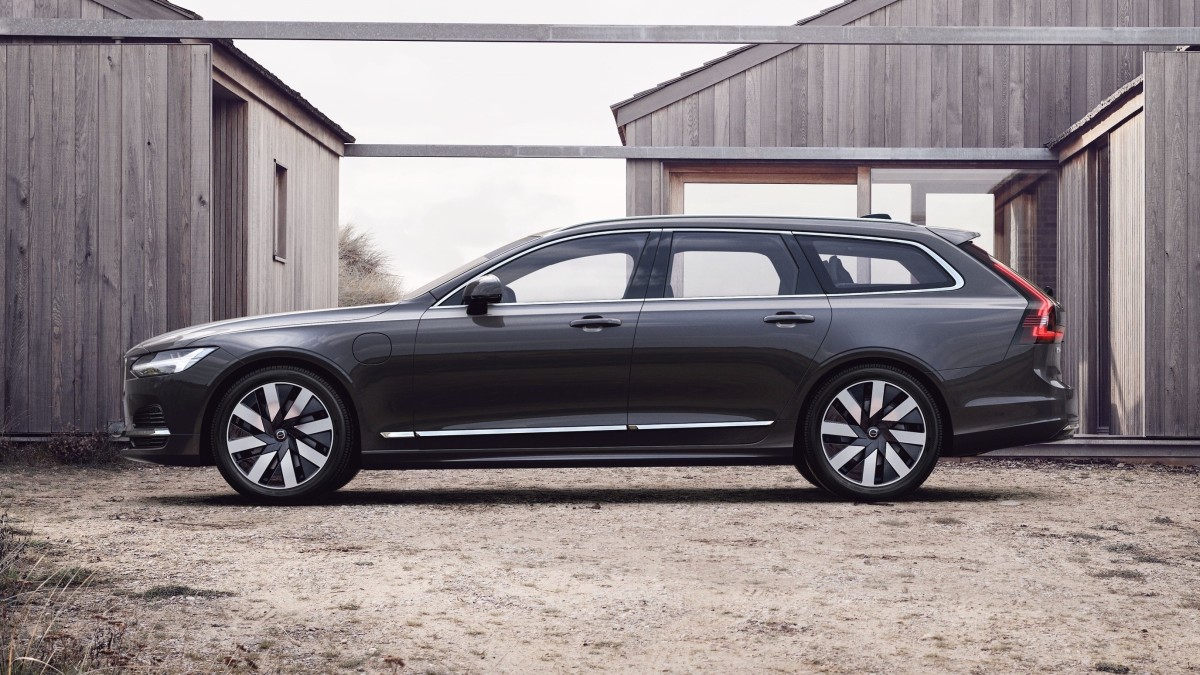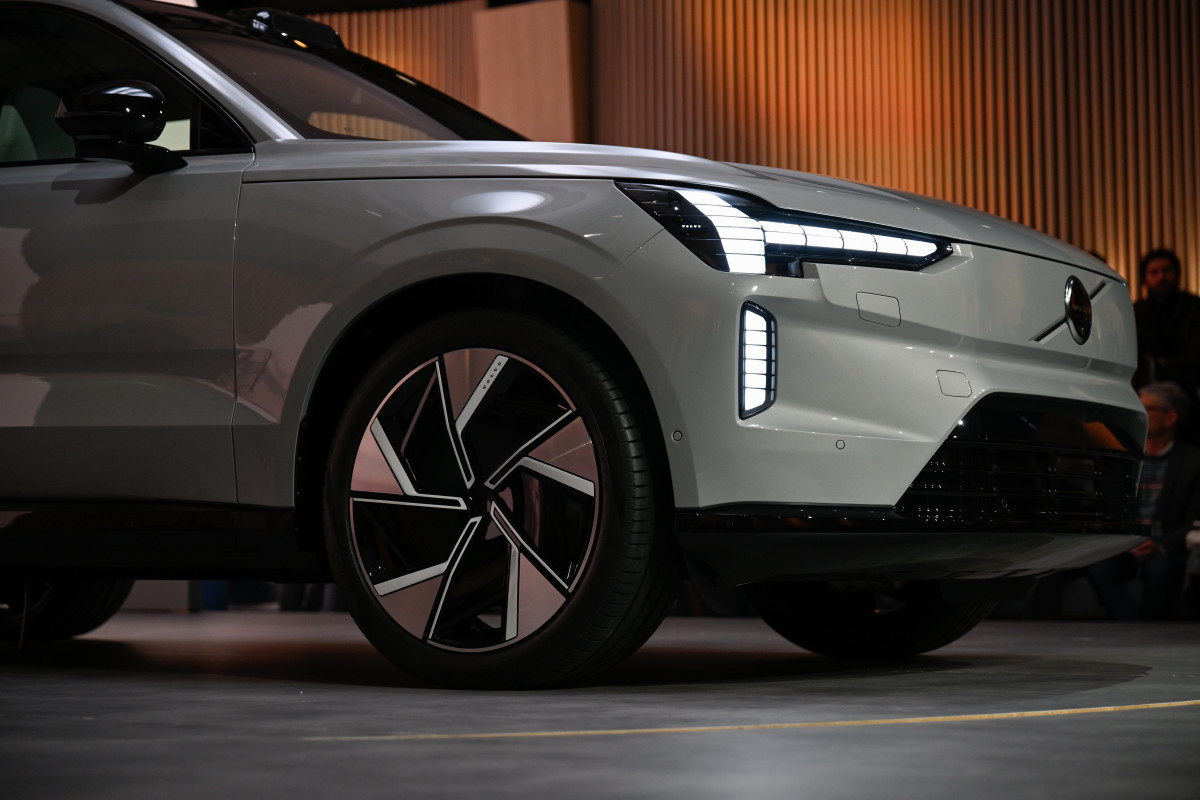
Dearborn-based Ford Motor Company (F) revealed on Aug. 21 that it would be shifting its EV strategy away from the original plans it had in mind just a few years earlier.
In a move that will cost the company more than $1.5 billion, the Blue Oval will ditch its plans to build electric three-row SUVs and instead direct that energy into making hybrid-electric versions of its popular SUVs. Additionally, the brand looks to offer its heavy-duty Super Duty pickup trucks with hybrid powertrains and a new generation of smaller EVs.
“This is really about us being nimble and listening to responses from our customers,” Ford CFO John Lawler told Automotive News at the time.
Related: BMW, Toyota take a risky gamble on a failing product
“We looked where the segment was evolving, the amount of competition, the customer needs, and then, the size of the battery that needs to go in a pure EV, the cost structure, the pricing, we could not put together a vehicle that met our requirements to be profitable in the first 12 months of launch.”
Even though automakers have altruistic long-term goals, they have the same goal as any other company: to make money. Another automaker with bold EV ambitions is rolling back its plans to make cars that fit buyers' current attitudes.

Volvo's short circuit
In a recent statement, the famed Swedish automaker Volvo said it is withdrawing from its ambitious EV plans. Previously, the company sought to convert its entire lineup to all-electric vehicles by 2030, a feat that it feels impossible.
In its statement, Volvo said it aims for "90 to 100 percent" of its global sales volume by 2030 to consist of "electrified cars," which is a word it uses describe a mix of battery-electric vehicles and plug-in hybrids, "in essence all cars with a cord."
The 10% or less of leeway that the automaker is giving itself, is reserved for "a limited number of mild hybrid models to be sold, if needed."
More Business of EVs:
- Waymo finds new way to bring chaos to quiet city streets
- Gavin Newsom's 'EV mandate' is under U.S. Supreme Court threat
- BMW's clever, new EV app is a privacy nightmare
Volvo still believes that the future of automobiles will be electric, but it is realizing that this reality will take much longer than what it originally envisioned.
In essence, the tumultuous times have dampened Volvo's spirits, even as the brand focuses more on its electric model line. Though it recently released new electric vehicles, the automaker blamed the change on "market conditions" and reported that EVs made up just 26% of its sales during Q2 2024.
The automaker says it will continue developing plug-in hybrid and mild-hybrid vehicles to ensure a “balanced portfolio that serves as a clear bridge to an all-electric future."
While this is a far cry from what they previously had in mind, Volvo said the change was necessary because, in the timeframe when they released five EVs, it observed a slower-than-expected rollout of charging infrastructure, a withdrawal of government incentives in some markets, and uncertainties created by recent tariffs on EVs.
Related: Hyundai's latest EV is a threat breathing down Tesla's neck
"We are resolute in our belief that our future is electric," said Jim Rowan, chief executive of Volvo Cars. "An electric car provides a superior driving experience and increases possibilities for using advanced technologies that improve the overall customer experience. However, it is clear that the transition to electrification will not be linear, and customers and markets are moving at different speeds of adoption."
Though the flip-flop may sound like Volvo is returning to polluting the air, the automaker defended that many of the brand's plug-in hybrid customers have racked up miles on the vehicles' fully electric mode.
"Volvo Cars’ most recent data shows that around half of the kilometers covered by the latest plug-in hybrid Volvo cars are driven on pure electric power," Volvo said in a statement. "The company will continue to upgrade its plug-in hybrids to further increase electric usage and range and improve the customer experience."
Related: Veteran fund manager sees world of pain coming for stocks







